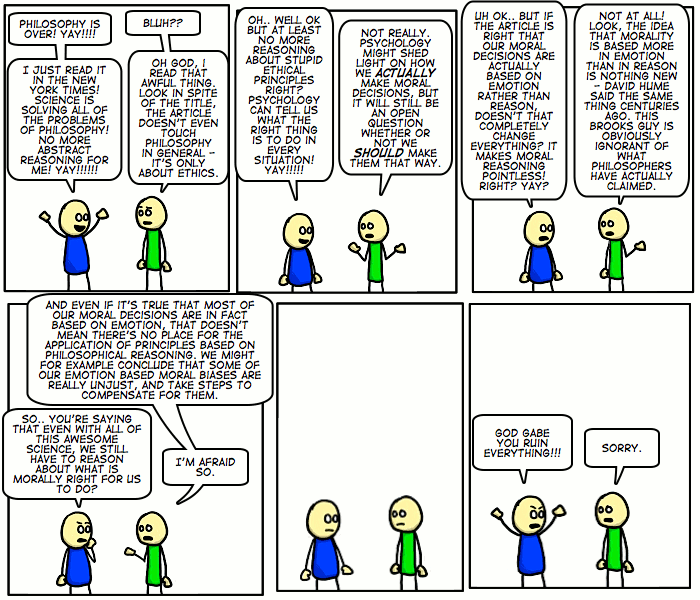The LINGUIST List's annual fund drive is under way; the drive is about halfway to its goal of $60,000 (the money goes to support the student staff). From the list's site.
The LINGUIST List is dedicated to providing information on language and language analysis, and to providing the discipline of linguistics with the infrastructure necessary to function in the digital world. LINGUIST maintains a web-site with over 2000 pages and runs a mailing list with over 25,000 subscribers worldwide. LINGUIST also hosts searchable archives of over 100 other linguistic mailing lists and runs research projects which develop tools for the field, e.g., a peer-reviewed database of language and language-family information, and recommendations of best practice for digitizing endangered languages data.
LINGUIST provides a space for discussion, job listings, information on conferences, and much more. It also runs an Ask A Linguist service, where people can get answers to questions about language and linguistics.
The list is an incredible resource for linguistics, deserving of your support. Small donations are welcome, by the way.
(Information for donors is on the site, along with special features like a "linguist of the day" writing about how they got into the field. So far this year these are: Brian Joseph, Sarah Thomason, Richard Hudson, Marianne Mithun, and Andrew Carnie. Sally is the fourth Language Logger to be honored this way in the four years LINGUIST has provided this feature.)


